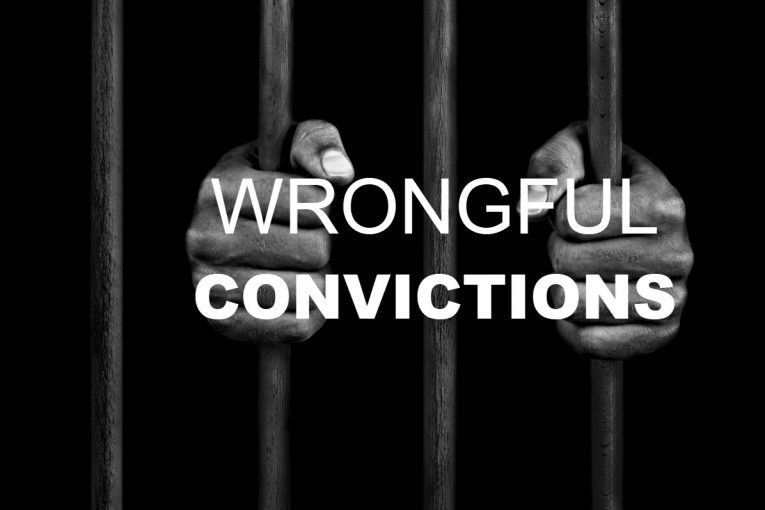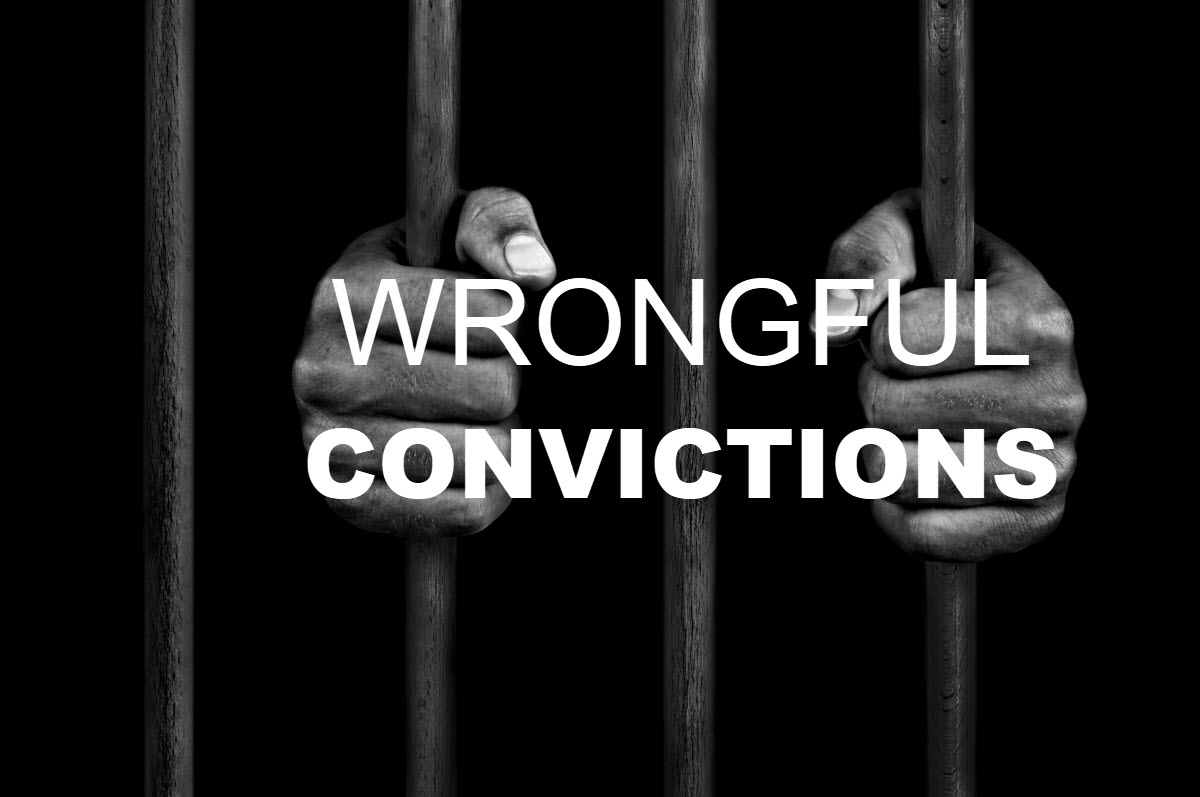

By Ankita Joshi
MANHATTAN, NY – Dan Quart, district attorney candidate in Manhattan, has promised to build a robust conviction integrity unit that “roots out injustice and exonerates wrongfully convicted people,” and his history and endorsements suggest that he would.
But, another candidate, current general counsel Tali Farhadian Weinstein at the Brooklyn DA’s office, holds a similar stance when it comes to implementing a conviction integrity unit, looking toward her own experience overseeing the conviction integrity unit in Brooklyn.
Criminal justice reformers, however, have cast doubt on her record.
And while Weinstein often speaks positively about her work with the conviction integrity unit in Brooklyn, the exoneration rate during her time was far below average, only exonerating three people in one year and four months.
In comparison, Detroit’s conviction integrity unit has exonerated 14 people, and Philadelphia’s conviction integrity unit has exonerated 10 people in the same amount of time, and both have done so with a significantly smaller population than Brooklyn’s.
In Weinstein’s campaign platform, she touts that she led the unit that “published a first-of-its-kind report detailing its first 25 exonerations.” However, only one of those exonerations  occurred under her leadership.
occurred under her leadership.
“She’s taking credit for exonerations that she had nothing to do with… [when we rallied for reforms] she ignored our cries and went along with business as usual,” said Derrick Hamilton, co-founder and assistant director of Family and Friends of the Wrongfully Convicted, who was exonerated by the conviction review unit in 2015 after 21 years in prison on a wrongful conviction for murder.
Many wrongful conviction advocates have spoken out about the faults in Weinstein’s conviction integrity unit, and have stated that following her protocol in Manhattan “would leave wrongfully convicted people with little chance at getting justice.”
“If the model that’s currently operating in Brooklyn is set up in Manhattan, that would be a disaster,” said Nick Encalada-Malinowsksi, civil rights campaign director with the criminal justice advocacy group VOCAL-NY.
Many family members of incarcerated people rallied for reforms to the unit in Brooklyn in 2019, with no luck.
“Tali Weinstein … was not interested in righting the wrongs that was done to so many Africans and Latinos by the Kings County DA’s office,” Hamilton added.
These critiques are especially worrying as Weinstein says she would “use her experience in Brooklyn to establish the nation’s most robust Post-Conviction Justice Bureau in Manhattan.”
One of the main worries that several advocates and public defenders have critiqued about her conviction integrity unit is that prosecutor Mark Hale, who had long worked as a homicide prosecutor side by side with other prosecutors whose convictions he now reviews, was put in place as the head of the unit.
In contrast, other conviction integrity units in New York, such as Westchester and Queens, have lawyers with backgrounds in criminal defense running their units.
Hamilton claims that the Brooklyn unit has lost a lot of its efficacy under Hale, and attributes most of that blame to Weinstein’s leadership.
“She’s bragging of being at the head at the time when the unit took a backwards step and never came back right,” Hamilton said. “Weinstein sanctioned it.”
On the other hand, Quart serves as one of New York City’s top pro bono attorneys and a New York State Assembly member for Manhattan’s East Side.
His career has been dedicated, as he says, to “standing up for tenants’ rights and advocating for criminal justice reform… [and will] fight to end mass incarceration, hold law enforcement accountable for police brutality.”
His experience includes partnering with the Innocence Project to pass the Challenging Wrongful Convictions Act, drafting legislation to create a statewide conviction integrity agency, and fighting for benefits for exonerated New Yorkers.
He has also been endorsed by prominent wrongful conviction advocates, including Jeff Deskovic and Derrick Hamilton.
 Ankita Joshi is a second-year student at the University of San Francisco, pursuing a major in International Studies and a minor in Political Science. She is originally from Sacramento, CA.
Ankita Joshi is a second-year student at the University of San Francisco, pursuing a major in International Studies and a minor in Political Science. She is originally from Sacramento, CA.
To sign up for our new newsletter – Everyday Injustice – https://tinyurl.com/yyultcf9
Support our work – to become a sustaining at $5 – $10- $25 per month hit the link: